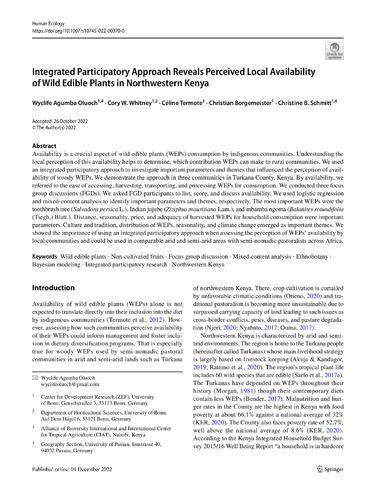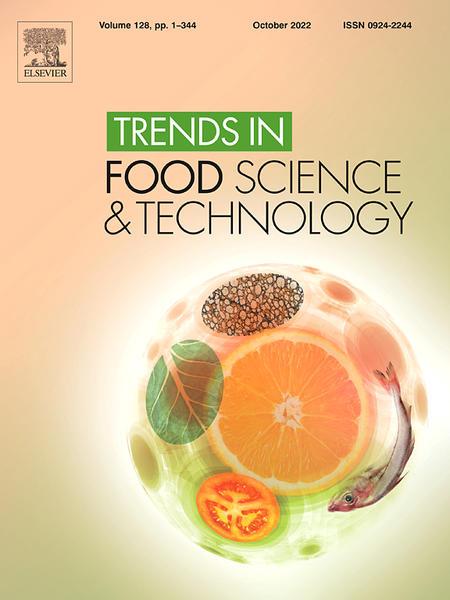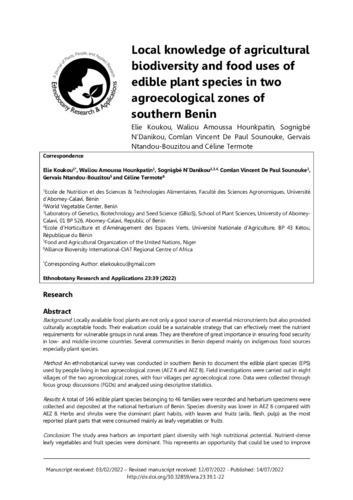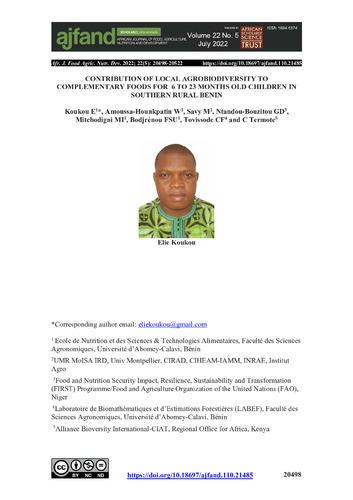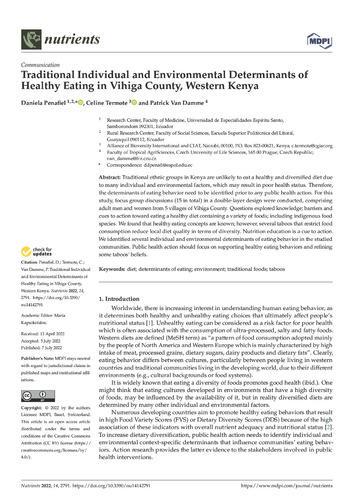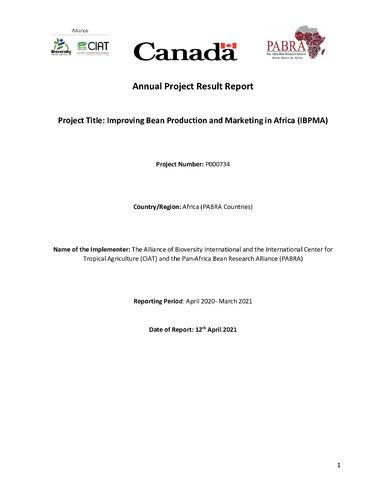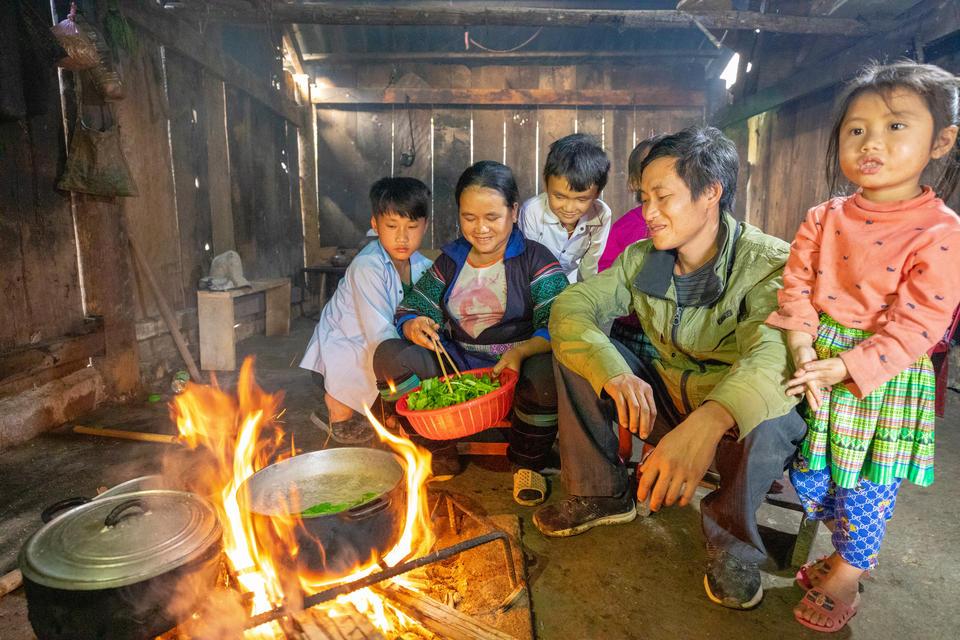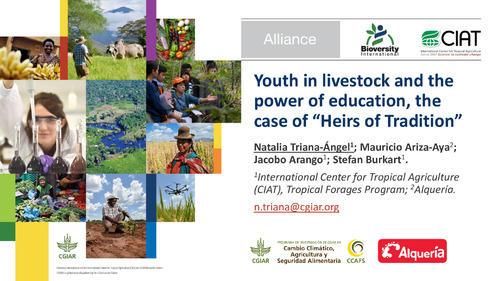Inclusive Market Systems and Entrepreneurship
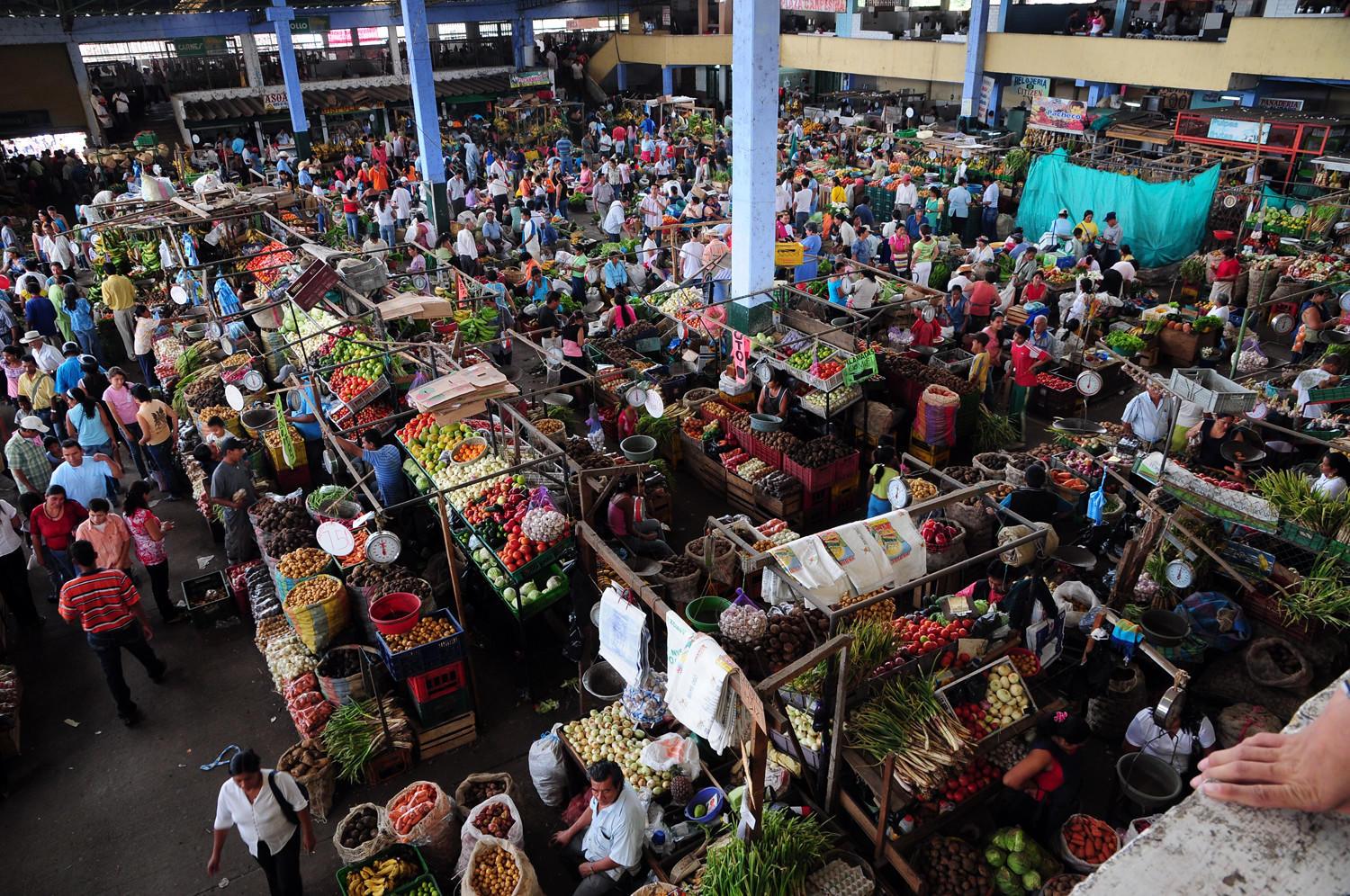
Although women’s labor is essential for agricultural market systems, their work is often invisible. Men tend to be at the forefront of the sector and are more likely to gain access to formal markets, while women are often engaged in ‘hidden’ informal markets.
Making decisions about which crops and value-added products to produce and sell is complex, and women often have limited control over these decisions and the resulting income. Women and young people’s involvement in the informal production, preparation and retail of agricultural products requires financial and business skills, as well as collective agency in the face of national and municipal regulations.
Recent research shows that incorporating women, young people and other marginalized groups into market development is critical for the wellbeing of these groups, as well as for creating competitive, inclusive, and resilient market systems. Doing so requires a proactive and systemic approach that generates sustainable jobs that benefit everyone, based on the strengthening of inclusive markets and entrepreneurship.
Creating equitable and resilient market systems is essential to support small-scale farmers – especially women and their households – to access competitive trade. Inclusive markets would build on the capacity of farmers and agribusinesses, strengthening links between actors and addressing gender inequality for the benefit of rural economies.
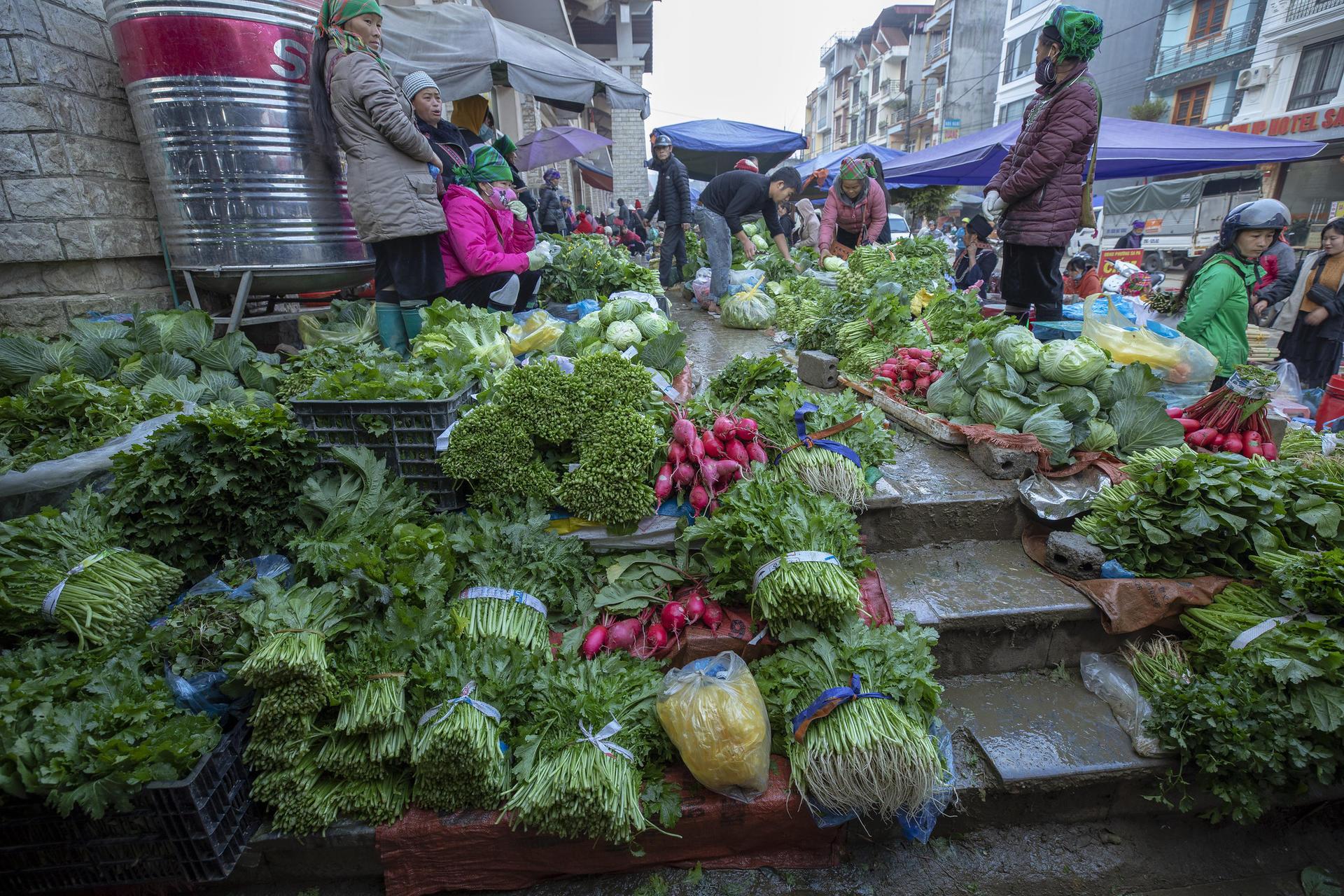
Alliance research on inclusive markets looks at:
-
developing gender-sensitive methodologies for value chain development, especially for beans, bananas, tree and forest products, and livestock,
-
gender-smart investments to address development and business challenges related to the scaling of climate-smart agriculture technology,
-
assessing the aspirations of young women and men to participate in agriculture and markets,
-
assessing the financial participation of women and young people in bean and livestock value chains,
-
measuring the impact of past interventions on business model development and assessing the lessons learned on ensuring gender inclusivity, and,
-
mapping work burdens and time investment, especially for women.
Examples of our work
Focus on: Bean Business Platforms
The Improving Bean Production and Marketing in Africa project (IBPMA) has worked with more than 400 private sector and public partners to address productivity, invest in market structure and promote value addition through entrepreneurship. The project increases the business capacity of farmers and strengthens their connections with other agribusiness players (service providers, financial institutions, input dealers, aggregators, etc.) to ensure that production is demand- and market-driven and attracts a price premium. From 2015 to 2022, 3.5 million farmers (1.8 million women) were connected to markets for their beans. The number of men and women accessing market and advisory services reached 379,000, of which 121,039 (32%) were women.
Focus on: Dietary Health Clubs for Ethnic Minority Women in Northern Vietnam
The Alliance created the Dietary Health Clubs to create awareness and exchange information on crop production and nutrition, increasing the use of diverse vegetables and high-quality seeds.
18 clubs with a total of 274 ethnic minority women farmers (from the Hmong, Thai and Dao ethnic groups) were established in northern Vietnam as part of an Alliance research project on the impact of education on vegetable seed sourcing and nutrition. The Alliance and its partners trained 26 members (17 women) as club facilitators, who then lead 6-8 technical and practical sessions on nutrition, vegetable cultivation and preparation, as well as the management of vegetable seeds.
The club facilitators became change agents and sources of information in the villages. Women from ethnic minorities increased their access to information and developed new skills, whilst household dietary diversity increased, contributing to nutrition.
The CGIAR initiative on nature-positive solutions for resilient and sustainable agrifood systems is building on the Dietary Health Clubs approach.
Explore more about The CGIAR initiative on nature-positive solutions
Focus on: Youth in Livestock Value Chains
‘Heirs of Tradition’ was a capacity-strengthening program for young livestock farmers in Colombia. The program offered training on the identification, selection, management, and use of tropical forage germplasm, soil management, and forage conservation, providing participants and their families with adequate resources to face the impacts of climate change. Training sessions also included socioeconomic components such as value chain analysis and gender inclusion, increasing students’ understanding of the challenges and opportunities of the Colombian livestock industry.
Researchers working on this topic:

Marlène Elias
Director, Gender and Inclusion
Natalia Triana-Ángel
Postdoctorate Researcher, Gender and Social Inclusion
Nchanji Eileen Bogweh
Gender and Social Inclusion Expert
Ena Derenoncourt
Gender-Smart Investment Specialist, CGIAR Hub for Sustainable Finance (ImpactSF)
Mónica Juliana Chavarro Rodríguez
Senior Research AssociateLatest Publications
